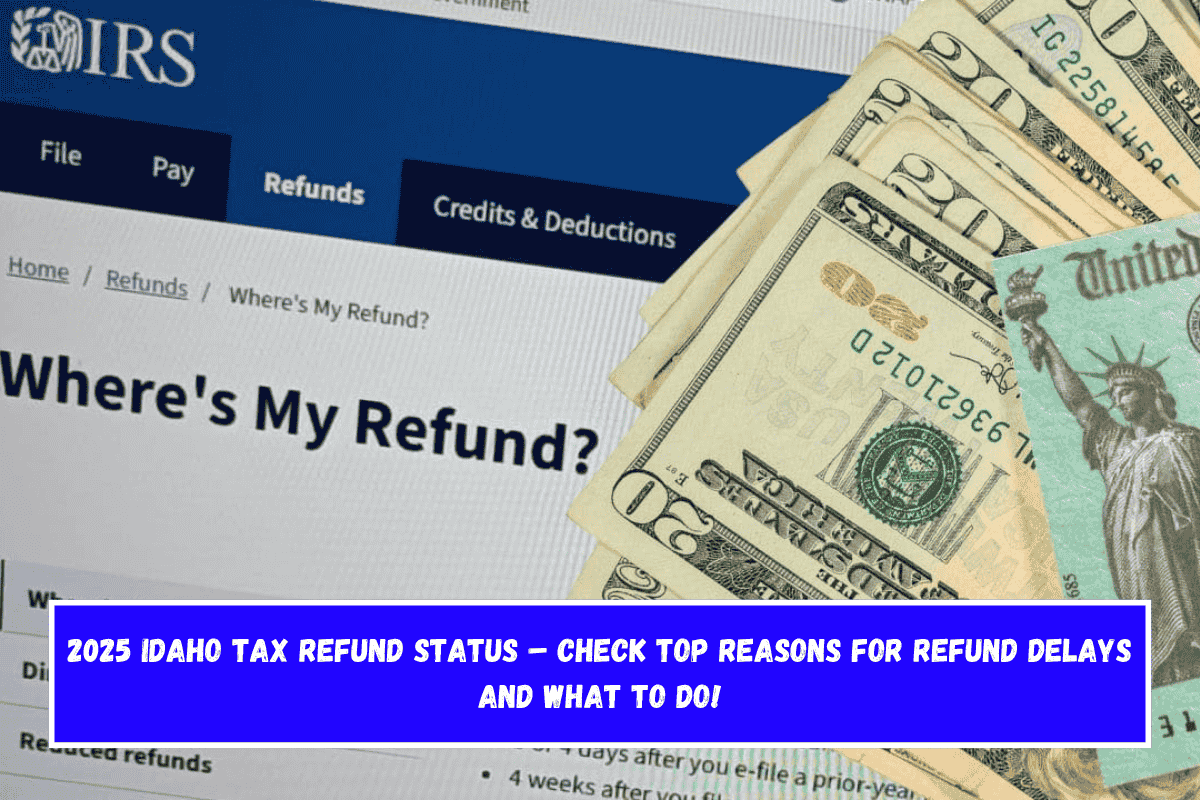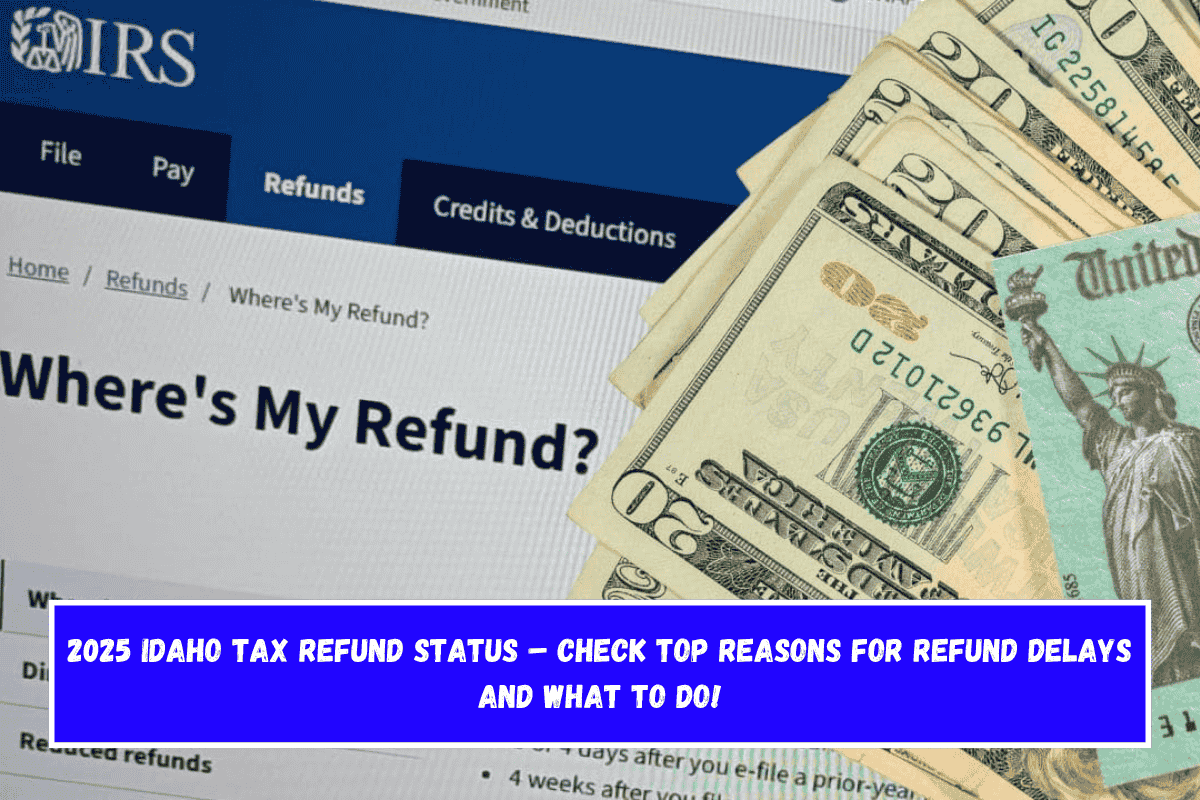NEW YORK — 23andMe has filed for Chapter 11 bankruptcy protection, and its co-founder and CEO has resigned, as the struggling genetic testing company seeks to reduce costs.
On Sunday, San Francisco-based 23andMe announced that it will seek to sell “substantially all of its assets” under a court-approved reorganization plan.
Anne Wojcicki, who co-founded 23andMe nearly two decades ago, will also step down as CEO, effective immediately, according to the company. She will remain on the 23andMe board. Her resignation comes just weeks after a board committee rejected Wojcicki’s nonbinding acquisition proposal, which aimed to take the company private.
Wojcicki intends to continue bidding on 23andMe as the company seeks a sale through bankruptcy. Wojcicki announced on social media that she resigned as CEO to be “in the best position” as an independent bidder.
“There is no doubt that the challenges faced by 23andMe through an evolving business model have been real, but my belief in the company and its future is unwavering,” she said at the time.
23andMe has had an uncertain future for some time. Beyond the battle to go private, the company has struggled to find a profitable business model since going public in 2021.
Privacy concerns about customers’ genetic information have also surfaced, most notably following a 2023 data breach — as well as questions about what new ownership may mean for users’ data.
23andMe’s bankruptcy follows months of turmoil
23andMe was founded in 2006 with the promise of revolutionizing genetics and health care. The company became well-known for its saliva-based DNA testing kits, which were purchased by millions of customers eager to learn more about their ancestry. It later expanded into health research and drug development.
However, 23andMe’s recent years have not been without challenges. And Sunday’s voluntary bankruptcy filing brings an end to months of turmoil.
In a rare move following acquisition negotiations with Wojcicki, all of its independent directors resigned last September.
The company then announced in November that it would lay off 40% of its workforce, or over 200 people, and close its therapeutics division. In January, the board’s special committee announced that it was considering strategic alternatives, including a possible sale.
Shares of 23andMe Holding Co. have lost nearly all of their value since last spring, and fell even further following Sunday’s bankruptcy filing, trading at less than $1 as of midday Monday.
In recent securities filings, 23andMe continued to warn about its “ability to continue as a going concern” — accounting jargon for having the resources required to operate and stay in business.
23andMe filed for Chapter 11 on Sunday, reporting total debts of more than $214.7 million as of the end of last year. Assets amounted to more than $277.4 million.
What does Chapter 11 mean for the company?
According to 23andMe, filing for Chapter 11 bankruptcy protection will help facilitate the company’s sale, implying that it is looking for new owners.
In a statement issued Sunday, Board Chair Mark Jensen stated that the court-supervised process was “the best path forward.” He added that they expect it to aid 23andMe’s efforts to reduce costs as well as resolve legal and leasehold obligations.
23andMe is looking to reduce its real estate footprint. Among the motions filed on Sunday, the company seeks court approval to reject lease contracts in San Francisco and Sunnyvale, California, in order to reduce expenses.
Otherwise, 23andMe says it intends to continue operations. JMB Capital Partners has provided the company with $35 million in debtor-in-possession financing to help it continue operations during the bankruptcy process.
I’m a 23andMe customer. Is my genetic data safe?
23andMe says its bankruptcy filing will not affect how it stores or protects data. Jensen, the board chairman, stated on Sunday that 23andMe is “committed to continuing to safeguard customer data” and that data privacy will be “an important consideration” in any future sale.
According to John Bringardner of Debtwire, any new buyer of 23andMe must comply with regulatory approvals that ensure “customer data won’t end up in unscrupulous hands.”
It remains unclear who will eventually own 23andMe. Experts warn that risks remain.
“Personal data collected by 23andme has always been at risk,” Bringardner wrote in an emailed commentary on Monday, citing a 2023 data breach that compromised the ancestral information of nearly 7 million 23andMe customers. He adds that litigation arising from the aftermath of this breach exacerbated liabilities, contributing to the current bankruptcy filing.
Last year, 23andMe agreed to pay $30 million in cash to settle a class-action lawsuit alleging that the company failed to protect customers whose personal information was exposed in the breach. On Sunday, the company announced that it intends to use bankruptcy proceedings to “resolve all outstanding legal liabilities” arising from the October 2023 incident.
Aside from the data breach, uncertainty about the company’s future has prompted some 23andMe customers to delete their data.
On Friday, just days before 23andMe’s bankruptcy filing, California Attorney General Rob Bonta issued an urgent alert reminding customers of their legal rights under state law — and urging them to consider deleting and destroying any genetic data held by the company. Bonta’s office cited 23andMe’s ongoing financial difficulties and “trove of sensitive consumer data” that the company has accumulated.





















